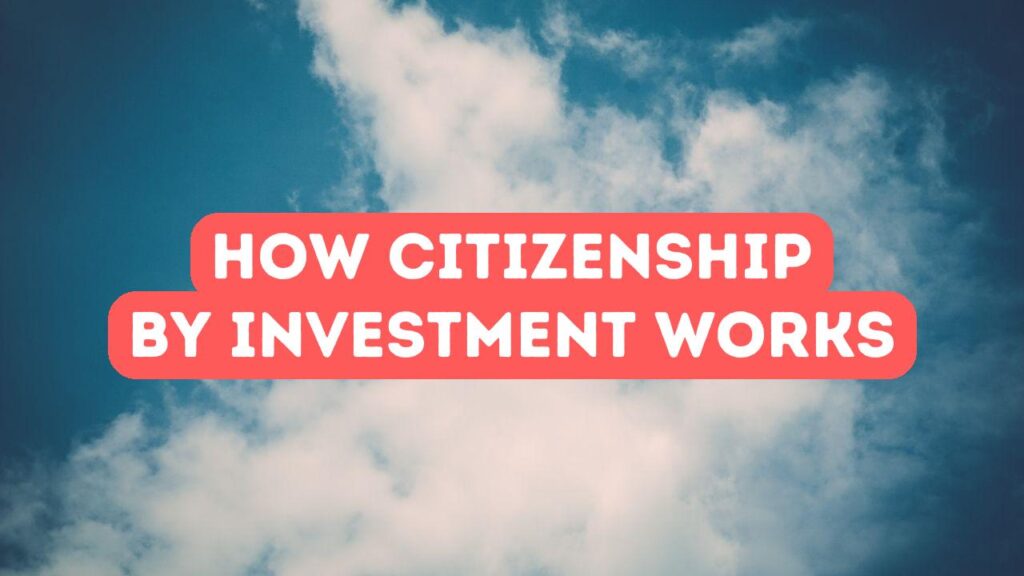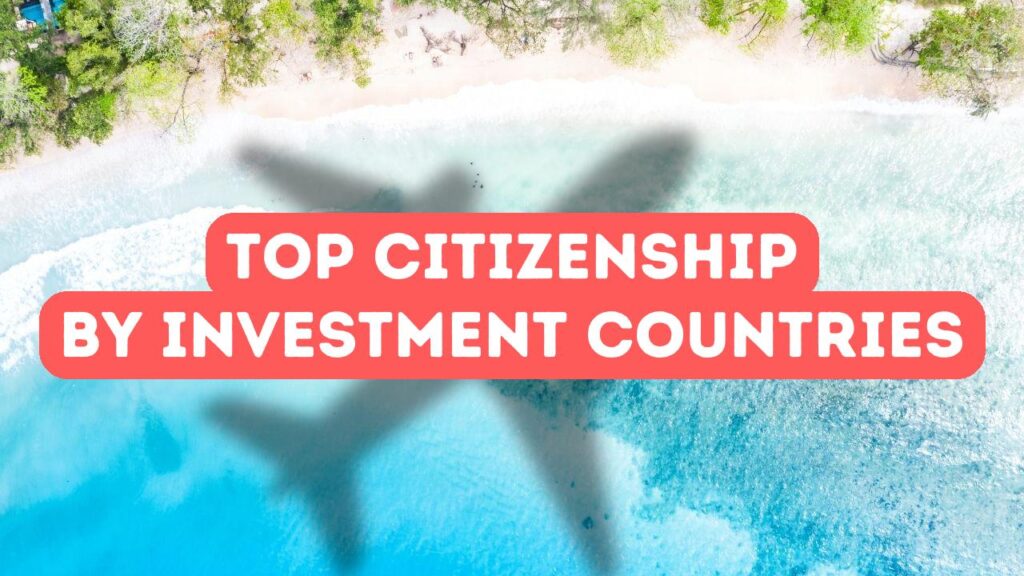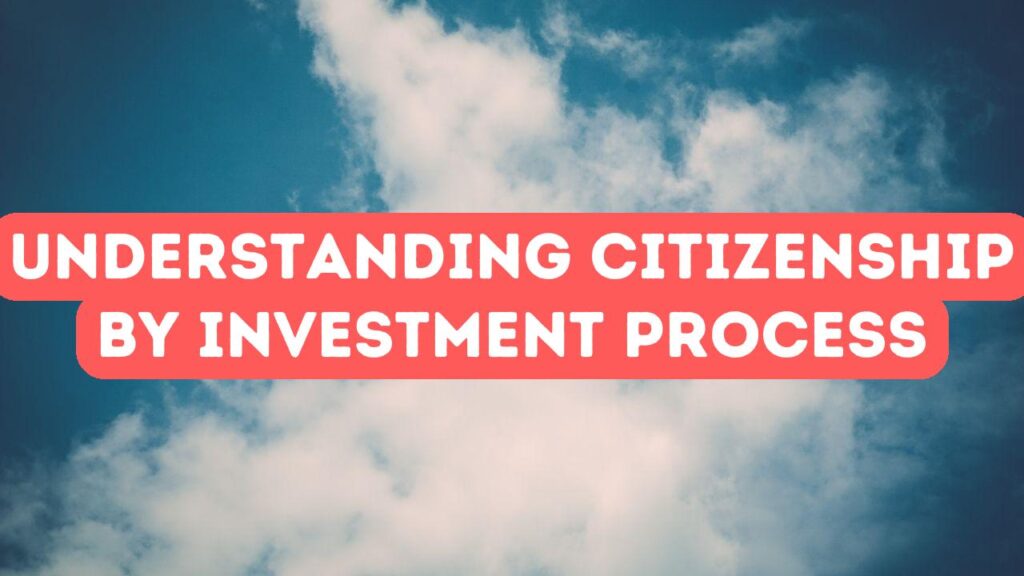Navigating the intricacies of obtaining citizenship by investment involves more than just meeting financial benchmarks; it also necessitates a thorough vetting process known as due diligence. This critical step serves to ensure that both the applicant and issuing country maintain the highest standards of integrity, security, and legality. Successfully passing this rigorous evaluation can appear daunting, but understanding the key components can alleviate much of the uncertainty. This guide will unravel the essential strategies and considerations that prospective investors must be aware of to meet and surpass due diligence requirements, thereby securing their path to a new citizenship.
Understanding Eligibility Criteria
Understanding the eligibility criteria is the first step in preparing for the due diligence process. Each country offering a citizenship by investment program has specific requirements that applicants must meet, which often include a clean criminal record, proof of legitimate financial resources, and a comprehensive background check. Applicants are required to provide detailed documentation, such as bank statements, tax returns, and personal identification. It is essential to be transparent and forthcoming with all information to avoid any red flags that could lead to denial. Understanding these criteria not only eases the application process but also sets a strong foundation for a successful outcome.
To further comprehend the eligibility criteria, prospective applicants need to be aware of the specific financial thresholds and investment types that qualify for citizenship. These can range from real estate purchases and government bonds to direct contributions to national development funds. It’s important to research and select the investment option that aligns best with both personal and program requirements. Additionally, applicants should note that some programs may require not just an initial investment but also a sustained commitment over several years, including maintaining the investment and fulfilling residency obligations, if applicable. Being well-versed in these financial and residency stipulations ensures that applicants remain compliant throughout the application process and beyond.
Beyond the financial and legal prerequisites, another vital component of understanding eligibility is acknowledging the significance of personal character and reputation. Many countries conducting due diligence will not only scrutinize the applicant’s financial transactions but also delve into their professional and social histories. This can entail detailed inquiries into one’s past business dealings, affiliations, and even social media presence. Maintaining a consistent and reputable profile in all these areas can significantly bolster an applicant’s position. It’s advisable to consult with professionals who specialize in citizenship by investment to ensure that all facets of one’s application withstand the scrutiny of rigorous due diligence checks, thus enhancing the likelihood of success and paving the way for a smooth transition to new citizenship.
Key Documents Required for Successful Application
To navigate the due diligence process successfully, assembling a comprehensive and accurate set of documents is essential. Key documents typically required include a valid passport, proof of address, a clean criminal record certificate, financial statements, and medical reports. These documents not only provide basic identification and background information but also demonstrate the applicant’s legal and financial standing. Ensuring that all paperwork is current, authentic, and certified can significantly streamline the vetting process. Additionally, detailed records of income sources and investment portfolios may be scrutinized to confirm the legitimacy and transparency of funds being used for the investment.
Beyond the foundational documents, applicants should also be prepared to submit supplementary evidence that further bolsters their credibility. Letters of recommendation from reputable individuals or institutions, educational certificates, and proof of business ownership or employment may be required. These documents help provide a holistic view of the applicant’s character and professional background. It’s advisable to gather and organize these documents meticulously to avoid potential delays or questions from the authorities. For applicants with complex financial structures, additional documentation such as trust deeds or shareholding certificates might be requested to provide a transparent overview of the financial landscape, thereby demonstrating full compliance with the regulatory criteria.
Equally important is the thorough preparation of personal and professional references, which play an integral role in substantiating the applicant’s credibility and moral standing. References should ideally come from recognized figures in the applicant’s industry or community, attesting to their good conduct and ethical background. Moreover, applicants might need to undergo interviews or provide further clarifications on certain aspects of their application; being prompt and forthright in these communications can positively influence the evaluation. Compliance with all jurisdiction-specific requirements, such as mandatory background checks conducted by authorized agencies, ensures a smoother progression through the due diligence phase. Engaging the services of experienced legal and financial advisors can provide invaluable guidance, helping to identify potential red flags and rectify issues before submission, thereby enhancing the likelihood of a favorable outcome.
Expert Tips for a Smooth Due Diligence Process
One of the most essential steps to ensure a smooth due diligence process is to be transparent and provide complete, accurate information right from the outset. Authorities conducting the background checks seek extensive details on your financial history, source of funds, and personal background. By submitting meticulously organized documentation and leaving no room for ambiguity, you significantly lower the risk of delays or rejections. Furthermore, enlisting the help of professionals who specialize in citizenship by investment can offer valuable guidance on regulatory requirements and help you anticipate potential red flags. Their expertise can streamline the documentation and submission processes, making it easier to meet all the stipulations set forth by the issuing country.
Another crucial aspect of passing due diligence is maintaining a clean and transparent financial record. Any discrepancies or unexplained financial transactions can raise red flags and potentially derail your application. Therefore, it is imperative to review your financial activities thoroughly and ensure that all reported income and assets are legitimate and well-documented. This includes obtaining certified translations of financial statements, tax returns, and other pertinent documents if they are not in the official language of the issuing country. Regular consultations with financial advisors can further help in organizing and presenting your financial history in a manner that aligns with international standards, thus enhancing the credibility of your application.
Lastly, maintaining up-to-date and clear communication with the authorities and relevant agencies throughout the application process is essential. Promptly responding to requests for additional documentation or clarifications demonstrates your commitment and reliability, which can positively influence the evaluation of your application. It is also advantageous to adhere strictly to deadlines and submission guidelines stipulated by the issuing country to avoid unnecessary setbacks. Partnering with a dedicated advisor can facilitate effective communication and ensure that all correspondences are handled in a timely manner. By being proactive and responsive, you not only bolster your credibility but also contribute significantly to a smoother due diligence process, bringing you one step closer to securing citizenship by investment.







